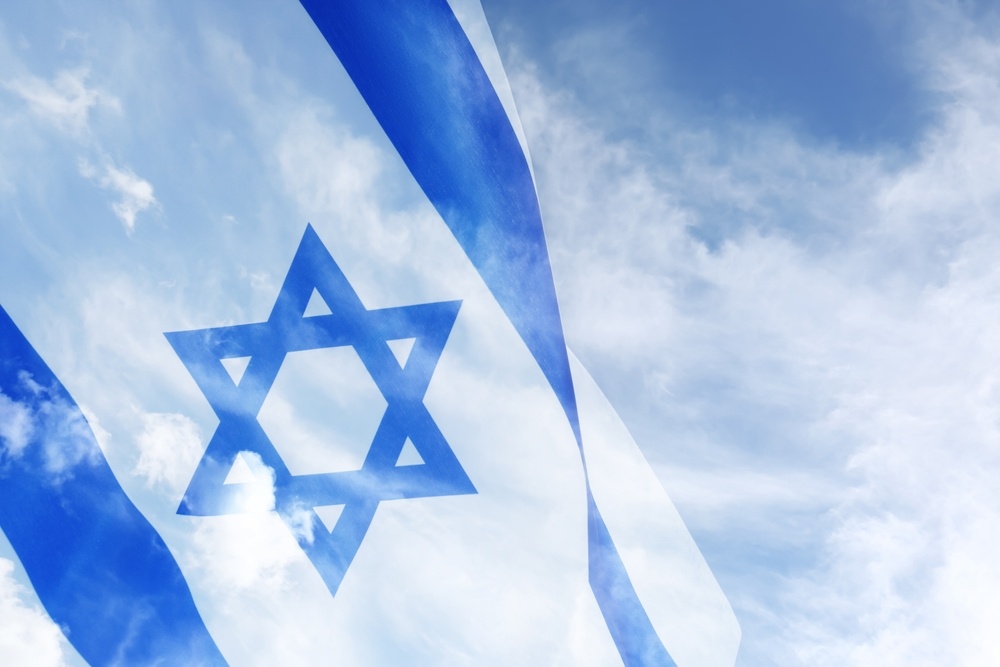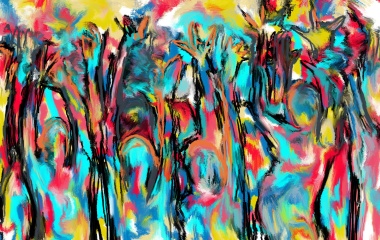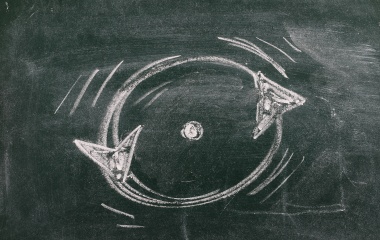
Pesach is the foundational holiday of the Jewish people, and the Exodus is the defining moment of Jewish history. A group of slaves formed a nation that, a mere seven weeks, later stood at Sinai so they could become a nation of priests and a holy nation. Mitzvah after mitzvah is observed zecher lyetziat mitzraim, to remember the Exodus. And these mitzvoth are in addition to the stand-alone mitzvah to remember the Exodus. While the original reason for keeping Shabbat was to acknowledge G-d’s creation of the world, after the Exodus, a second reason was added—to remember that we were slaves, who knew not what a day of rest meant. It stands to reason that the Torah would specifically prohibit not only our work on Shabbat, but that of our slaves.
Yet despite the hard work many had to do in Egypt, life was relatively safe and stable. Many chose to remain behind rather than follow Moshe into the desert, and those who did leave often wished they had not. It was close to 1,000 years later on Purim when, for the first—but sadly, not the last—time, Jews were threatened with annihilation. As we mentioned in our last posting, the Gemara explains that the prophets—who normally are prohibited from issuing rulings on matters of Jewish law—decreed that we are to celebrate Purim, using a simple argument. “If, for being delivered from slavery to freedom, we chant Hallel, should we not do so all the more for being delivered from death to life?" (Megillah 14a). The Talmud then immediately asks, if such is the case, then why do we not say Hallel on Purim? To this, the Gemara gives three rather contradictory answers.
Rav Nachman claims that in actual fact, we do say Hallel—“reading the Megillah is Hallel”. While Hallel, the song of praise, normally consists of words of Psalms, that is just a convention. The Megillah, too, is a song of praise to G-d[1].
Rava, however, has a much different approach. There is actually no reason to say Hallel, as “they were still slaves to Achashverosh”. Yes, the Jews were saved from annihilation, but then what? Unlike in Egypt, we did not become a nation, gain freedom or receive the Torah. We continued living under Achashverosh, and the Megillah most anti-climatically ends by describing the taxes the king levied on the people. While the Jews in Shushan were certainly relieved, in retrospect, nothing of historical significance transpired that would warrant the saying of Hallel[2].
It is the third view, that of the anonymous majority, that is best known. Purim is a holiday that requires the saying of Hallel, and the Megillah is not an adequate substitute. So why is there no Hallel? “Because we do not say Hallel on a miracle that happened outside the land of Israel”. This answer may be very Zionistic, but the Gemara does not explain why a miracle happening in the land of Israel is worthy of greater song than one occurring outside the land of Israel.
Perhaps this is just the flip side of Rava. We say Hallel to celebrate being an independent nation, and only in the land of Israel can we be such. Only in the land of Israel can one personally—and the Jewish people collectively—live a full Jewish life. Only in the land of Israel can the Torah be implemented in its full richness. One thousand, nine hundred years of exile has blinded many to the fact that so much of the Torah is about Jewish nation-building. Personal religious observance is only one facet of Torah. This view is reflected in the Rambam’s explanation of Chanukah, where he posits that the reason Chanukah was established as a holiday is because “sovereignty was returned to the people of Israel for over 200 years”. And most, perhaps all, of these “sovereigns”, from a religious point of view, left much to be desired. But all must sing praise when the Jewish people are sovereign in their Land—something that, after 1,900 years, is the biggest miracle of all. No matter how full a Jewish life one can live in the Diaspora, we live here as individuals. Only in the land of Israel can we live as a nation. And Hallel is sung to celebrate great moments in the life of our nation. May we soon sing many songs of Hallel.
[1] A similar concept exists by Pesach, where the same Rav Nachman asked Daru, his slave, “’A slave whose master frees him and gives him gold and silver, what should he say?’ He said to him, ‘He is obligated to offer thanks and praise.’ He [Rav Nachman] said to him, ‘You have exempted us from saying Ma Nishtana.’ He began by saying avadim hayeenu, we were slaves” (Pesachim 115a).
[2] Left unexplained is why, then, Purim is celebrated as a holiday. Apparently, despite the fact of their continued “slavery”, a spiritual seed was planted that led to a recommitment to Torah. And, at least according to our printed version (the Bach emends it to read Rabba), it is Rava who teaches that it was in the days of Achashverosh that the Jews reaccepted Torah (Shabbat 88a).



